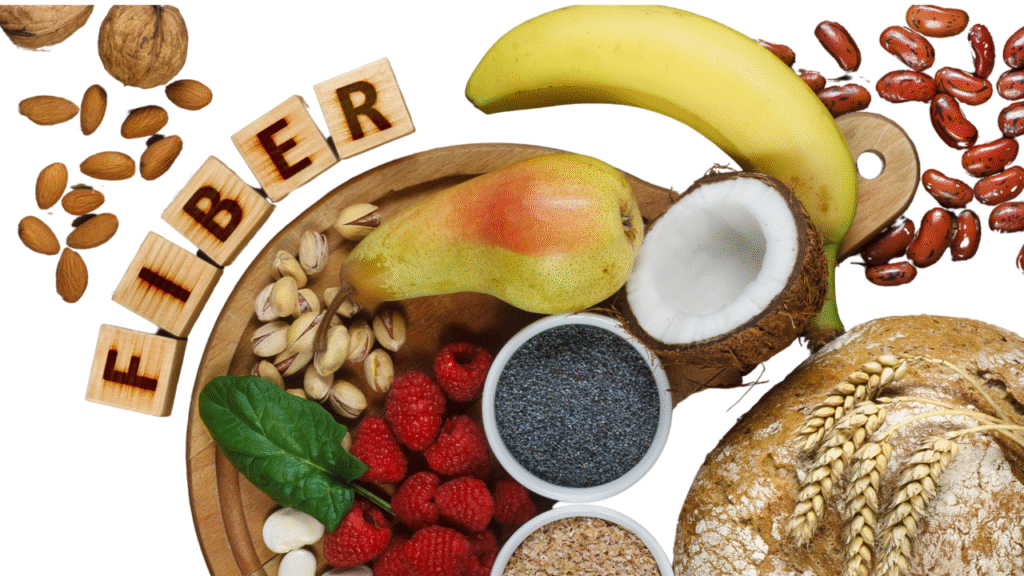
Coughs are a common reason for seeking medical attention, with 40% of cases requiring referrals to a pulmonologist. Coughs are normal and can help clear irritants from the throat. Coughing is a natural reflex that clears the airways of irritants such as mucus, smoke, and other particles, allowing unobstructed breathing. It is a defense mechanism the body uses to protect the lungs from inflammation and infections.
Respiratory infections frequently cause acute coughs that last less than three weeks, while chronic coughs last more than eight weeks. Chronic coughs last more than eight weeks and are usually caused by underlying medical conditions such as postnasal drip from sinus infections, allergies, asthma, bronchitis, chronic obstructive pulmonary disease, pulmonary fibrosis, and GARDD.
Coughs can have a variety of sounds and sensations depending on the cause. Dry coughs occur when you cough without any mucus or phlegm in your airways and are frequently caused by respiratory infections, asthma, or irritant exposure. Wet coughs occur when mucus and fluid secretions accumulate in your windpipe and lungs, causing you to cough to expel bodily fluids.
Home remedies for cough are a cost-effective and convenient option for those seeking a holistic approach to their health.
Here are 15 Natural Home Remedies for Cough.
1 Honey
Honey is a traditional sore throat remedy, and a 2018 study found that it may relieve coughs more effectively than over-the-counter medications such as diphenhydramine and salbutamol. It was, however, no more effective than dextromethorphan, an over-the-counter cough suppressant. To make a home remedy, combine two teaspoons of honey with herbal tea or warm water and lemon, which soothes the throat and relieves congestion. As a snack, honey can be eaten or spread on bread. Due to the risk of botulism, it is critical to avoid feeding honey to infants under the age of 12 months.
Shop Online
2. Breathe in steam
team can help relieve wet cough symptoms by supplying mucus or phlegm. To accomplish this, take a hot shower or bath and fill the bathroom with steam. Stay in the steam for a few minutes until your symptoms have subsided, then drink some water to cool down. Alternatively, make a steam bath by filling a large bowl with hot water, adding herbs or essential oils, and covering your head with a towel. For 10-15 minutes, inhale the steam. Steaming can be beneficial once or twice per day. However, not all evidence supports this claim, as a 2017 study found that steam did not improve common cold symptoms significantly.
3 Humidifier
Inhaling humidified air, whether cold or warm, has been shown to help with cough relief because it aids in the drainage of congested airways. This is especially beneficial for children who cough all night and require relief to sleep.
Shop Online
4 Probiotics
Probiotics provide various health benefits, including gastrointestinal flora balance and immune system support. A 2015 study found that probiotics reduced upper respiratory infections, but the evidence is inconclusive. Yogurt, miso soup, and kombucha all contain probiotics. Consult your doctor to determine the best probiotic for your condition and lifestyle. Fermented foods like yogurt, kefir, kombucha, and tempeh kimchi are the most natural source of probiotics.
5 Gargle with saltwater
Saltwater gargles have been used for years to relieve sore throat and common cold symptoms but may not reduce viral load. A 2021 study compared antiseptic mouthwashes to prevent the spread of COVID-19, discovering that commercial brands helped reduce viral load but that a lab-made saltwater solution did not effectively kill the virus. To make a saltwater gargle, dissolve 1/2 teaspoon of salt in warm water, allow it to cool, and gargle several times daily until the cough improves. Saltwater gargles should be avoided by young children and those with high blood pressure.
6 Bromelain
Pineapple contains bromelain and may help suppress coughs due to enzymes found in its stem and fruit. You can benefit most by eating a slice of pineapple or drinking 3.5 ounces of fresh juice thrice daily. There is insufficient evidence to support the claim that pineapple can help relieve sinusitis and allergy-related sinus issues. Bromelain supplements should not be taken by children or adults taking blood thinners or by people taking antibiotics such as amoxicillin. Consult a doctor before beginning any new supplements, especially if you are already taking medications or supplements.
7 Peppermint
Peppermint leaves are known for their medicinal properties and can be found in various foods and beverages. Menthol in Peppermint oil can help with cold symptoms and coughing. Inhaling vapors from a steam treatment or drinking peppermint tea can also provide relief. To make a steam treatment, combine boiled water with 7-8 drops of peppermint essential oil, drape a towel over your head, and take deep breaths above the water.
Shop Online for home remedies for cough
8 The root of the marshmallow
The marshmallow plant, Althaea officinalis, has been used for centuries to treat sore throats and suppress coughs. According to a 2020 study, the plant’s anti-inflammatory and antioxidant properties and mucilage can help reduce coughs. Marshmallow root is now available in tea and capsule form, soothing relief for sore throats. Although marshmallow roots and leaves are generally safe, doctors do not recommend them for children.
9 Vitamin C
Because of its immune system support and white blood cell boost, vitamin C, an antioxidant, can be used as a home remedy for cough. According to Norwegian research, vitamin C can reduce cough and wheezing in smokers with high oxidative stress. It may also help alleviate or prevent bacterial and viral infections, shorten cold durations, and be used as a natural remedy for pneumonia. Take 1,000 milligrams 3-4 times daily to support the immune system and relieve cough symptoms.
10 Thyme
Thyme is used to treat respiratory illnesses, and a 2021 randomized controlled trial discovered that thyme and ivy herbal extract reduced acute cough and severity without causing any adverse side effects. Flavonoids in thyme leaves relax the throat muscles and reduce inflammation. Stepping crushed thyme leaves in boiling water for 10 minutes before straining, make thyme tea.
11 Ginger
Ginger, an anti-inflammatory herb, has been used for centuries in traditional Asian medicine. Ginger tea is a popular traditional remedy for nausea, stomach upset, and coughing due to its ability to break up phlegm. It can reduce throat irritation, dryness, and mucus. However, too much ginger can cause throat irritation, abdominal discomfort, and heartburn. To make ginger tea, slice a 1-inch segment of fresh ginger root and boil it in 1 cup water for 10-15 minutes.
12 Massage
Massage therapy is a medication-free home remedy for coughing in asthmatic children. Massage therapy has a substantial beneficial effect on children’s coughs. According to a systematic review and meta-analysis published in Evidence-Based Complementary and Alternative Medicine, it improves pulmonary function by opening airways and facilitating airflow to and from the lungs.
13 Percussion
Another effective home remedy for cough is percussion, which involves clapping the chest wall over the mucus-filled lung. Cupping the hand with a firm, steady beat helps to loosen and shake the mucus, making it easier to expel. This method can also be applied to the back. Both ways have the potential to improve children’s health and immune systems.
14 Essential Oils
Because of their antibacterial and antiviral properties, essential oils are effective cough remedies at home. With cineole, eucalyptus oil has antiseptic properties and acts as an expectorant. It causes blood vessels to dilate, allowing more oxygen to enter the lungs. Peppermint oil is refreshing and can be diffused or applied topically. Lemon essential oil aids in detoxification and infection prevention. Essential Oils can be diffused, mixed with equal parts carrier oil, and applied to the chest, back, or neck.
Shop Online
15 Honey, Onion, & Garlic Syrup
Honey, garlic, and onion are naturally antimicrobial and demulcent. To make a cough syrup, combine ½ cup of honey with ½ cup of water, one whole chopped onion, one garlic clove, and a dash of sage, oregano, or thyme. Steep overnight, strain, and store in the refrigerator for a few days.
Shop Online for home remedies for cough

NATURAL FAT LOSS HELPER
LIPASE, AMYLASE, AND BROMELAIN
AID IN DIGESTING FOOD




